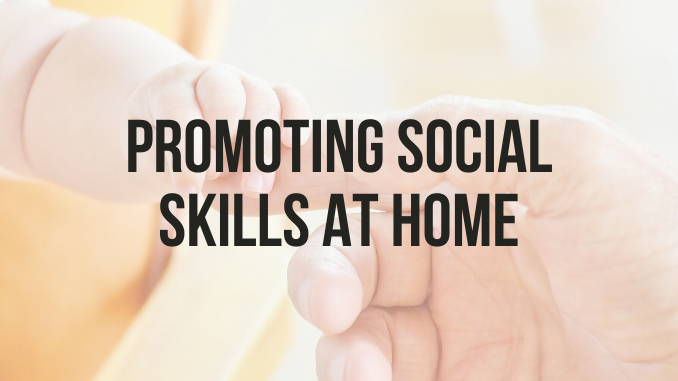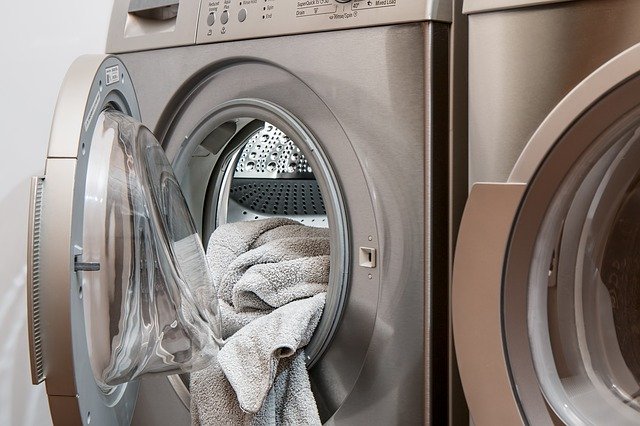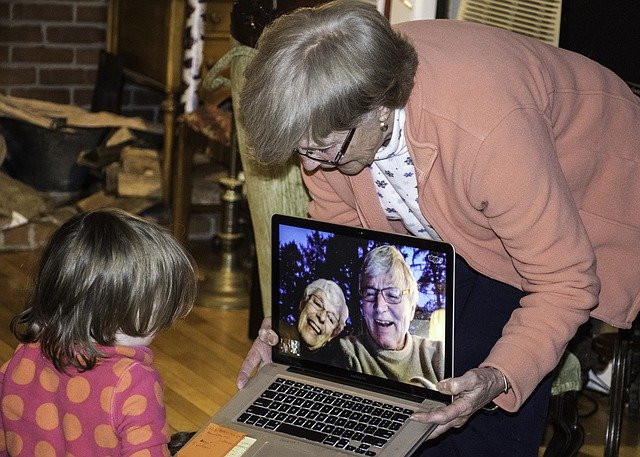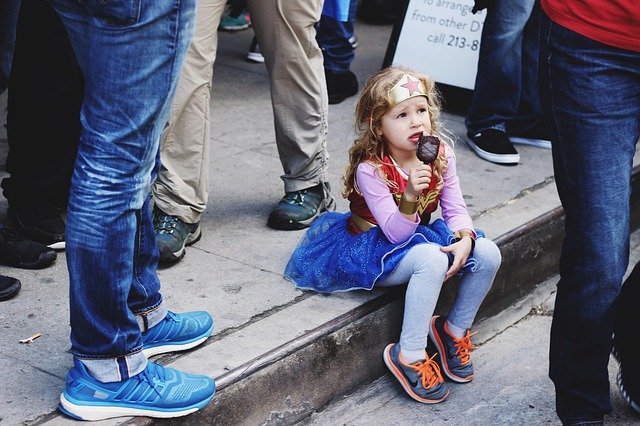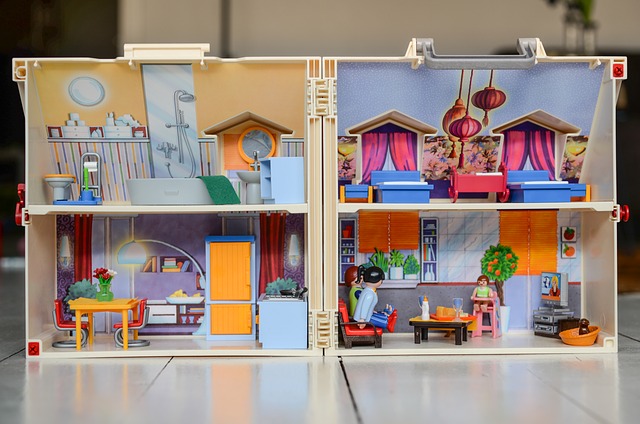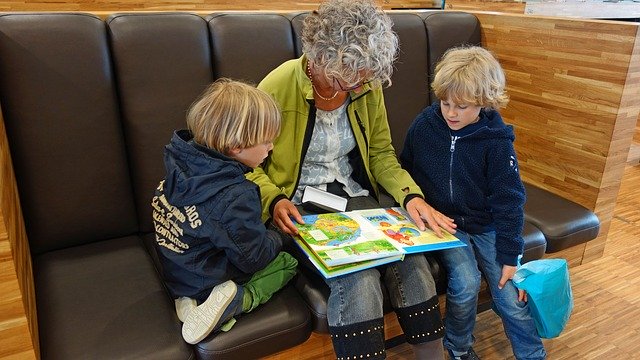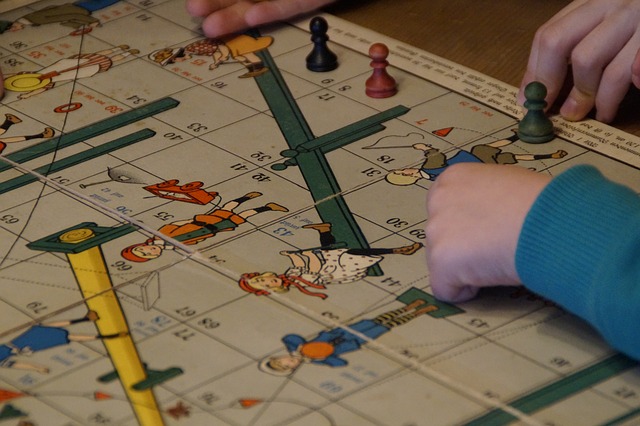When we think about children in the EYFS developing ‘social skills’ we rightly think about them forming friendships with other children, learning to play together and to co-operate and share, but ‘social skills’ extend much wider than this.
The EYFS does not mention ‘social skills’ as an area of learning, instead this is encompassed by Personal, Social and Emotional Development which is considered a prime area of learning, on which others are based. Personal, Social and Emotional Development itself is divided up into 3 different subcategories which incorporate a very wide range of skills. The subcategories are named as; Making relationships, Self-confidence and self-awareness, and managing feelings and behaviour. These categories, and the skills included within them, lay the foundations for children to be able to operate effectively within their wider society and culture.
There are many ways that settings can promote social skills with children in the EYFS, but social skills are something that need to be promoted at home too. Many parents assume that they are unable to support their child’s social skills at home because they do not have other children, or other children of a similar age, but there are plenty of ways that a child’s social skills can be bolstered at home without the presence of other children. Here we take a look at some of them;
Involve the child in family life
Part of gaining social skills is the growing understanding of how societies work together, and the individual’s role within this. The family is a micro version of society with its own subtle social rules and mechanisms. Involving your child in the running of the family prepares them for playing a role in society. Part of this will be learning to follow the rules of the home and the family, and dealing with consequences for breaking the rules! This mirrors the need to obey laws, and live in a way that supports rules and order in society.
You may not involve your child in every single decision regarding family life, just as we don’t all individually have a say in every law or policy passed by government but you can certainly give your child a voice in some decisions just as adults vote on important issues and have mechanisms to express our dissatisfaction.
On a very simple level, assigning your child some simple chores, or asking them to help with meal preparation or tidying the house helps to build a sense of shared responsibility and pitching in. These are important social skills that will serve your child throughout school and life, and they don’t require other children or siblings in the home.
Stay in contact with others
Social skills are not just about peer-to-peer interactions; building relationships with people of all ages and backgrounds is an important aspect of social development.
At home, children can develop these skills by staying in touch with friends and relatives of all ages. This might mean organising a playdate with cousins or talking to grandma on the phone. In learning to interact with other children to develop patience, tolerance and an understanding of what’s important to others.
Roleplay
Imitating adults and role-playing a range of scenarios is children’s way of exploring how social interactions work and experimenting with different ways of interactions. Imitating situations from their day-to-day life, such as caring for a baby or cooking in the kitchen, is a way of consolidating, making sense of and filing memories as well as practising appropriate ways of interacting.
On the other hand, superhero play, or ‘goodies’ and ‘baddies’, can alarm some adults as it often involves an element of violence or rough play, but actually this kind of play is completely natural and doesn’t mean that your child will become rough or violent in real life. In fact, this kind of play has been shown to be a release of real aggression and is typically just a way of children experimenting with different types of interactions and the associated emotions. This is obviously beneficial in learning about the effects that actions have on others, and processing emotions.
Small world play
Playing with small figures, animals and vehicles, for example, with dolls and a dolls house, is another type of role play. Often children will use this kind of play to re-enact social situations that they have experienced or to play out an imagined scenario. Just like roleplay, it is a way for children to make sense of, process and file away the social information they have received from the world.
Playing imaginatively allows children to experiment with cause and effect and with different types of social interactions in a safe way.
Reading stories
Books and stories are a great way to explore a range of different social situations and to teach appropriate behaviour and responses to situations. With such a variety of books on different subjects available, they are an ideal way to prompt conversations. One of the Early Learning Goals of the EYFS is; “Children talk about how they and others show feelings, talk about their own and others’ behaviour, and its consequences, and know that some behaviour is unacceptable” this can all be prompted by reading together.
Playing board games
Playing board games together is another way that you can promote your child’s social skills at home. Another of the EYFS Early Learning Goals is that “children play co-operatively, taking turns with others” and this is obviously a big part of playing board games. Board games also give children an opportunity to follow the rules, play fairly and take winning and losing in their stride.
At first, losing is very difficult for children and so it’s important that they practice! Playing at home with adults they know and trust gives children the opportunity to learn to manage their feelings, and see an adult model how to win or lose in a way that is socially acceptable.
These are just a few of the ways that social development can be supported at home; they don’t rely upon having other children present and instead give children an opportunity to make sense of and process their experiences.

